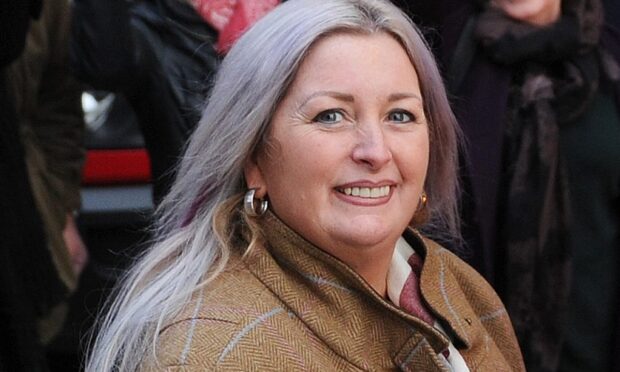Continued pressure on the prescribing sore of Angus is easing the financial pain of local health chiefs.
Prescribing costs per patient, which peaked at more than 14% above the Scottish average just two years ago, have been trimmed to less than 8% over the national figure according to statistics going before Angus Integration Joint Board this week.
A so-called “pill for every ill” culture had been highlighted as one of the factors behind the high expenditure. An Angus 2018/19 overspend of £1.4 million is around half of last year’s figure and a further improvement on the previous end-of-year forecast.
The turnaround has been secured through a range of measures, including setting-up a special group to target high priority areas including specialist baby milk, continence products and oral nutrition supplements.
Diabetic patients are another group who have received specific focus and a pilot programme is being developed in north east Angus to implement more holistic care for people living with, or at risk of, the condition.
Angus Health and Social Care IJB chief officer Vicky Irons’ report states: “While we are developing a greater understanding of the reasons behind our historical prescribing position, the complexities driving prescribing practice and spend cannot be overestimated.
“Population health and demand, medicines supply and pricing and clinician prescribing practice within both primary and acute care all determine prescribing spend.”
Pharmacy team-led initiatives have included cost-cutting moves to prescribe ravistigmine in place of patches for the treatment of mild to moderate Alzheimer’s disease and Parkinson’s, and switching patients to a more cost-effective medicine to treat high blood pressure following a trial at a Forfar surgery.
Angus-wide variations in prescribing the bladder infection-treating antibiotic nitrofurantoin have led to a recommendation to surgeries to review all patients on repeat prescriptions.
Earlier actions saw £60,000 slashed from the medicine bill following a review of patients on one thyroid hormone drug which saw the number of beneficiaries cut from almost 150 to just over 80.
Ms Irons’ report adds: “Historically, Angus has been an outlier in terms of prescribing spend per weighted populations.
“This progress reflects the good work described in this report.
“The overall improvement in prescribing has been a major factor in improving the IJB’s financial position in this year.”










